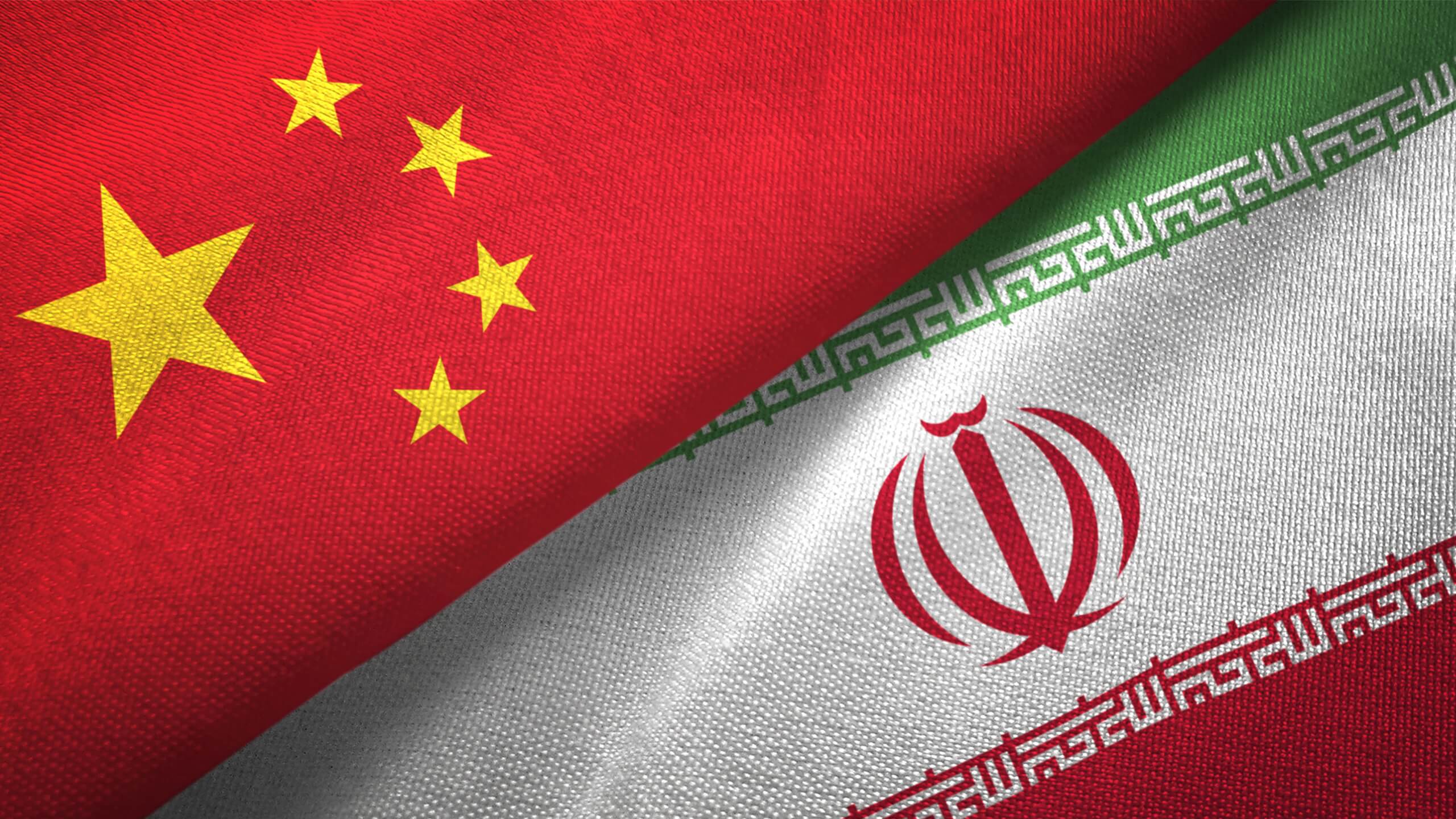What will China Do Post-Iran? › American Greatness

Iran may be unraveling under the massive Israeli attack on its nuclear facilities and command centers. It’s uncertain whether the ayatollahs will survive the humiliation or how they will spin the narrative about the loss of their strategic atomic program.
With that, Russia, entangled in a war in Ukraine that it doesn’t seem able to win, will feel the pressure. Iran has been an essential supplier of military goods and a significant political partner in the complex diplomatic game surrounding the fight.
China, the third pole of this hazy coalition, has now kept its distance from Iran. Unlike with Ukraine or Gaza—where it rushed to pledge support for causes that proved to be lost (Moscow’s invasion or Hamas’s attack)—this time Beijing remained mostly silent, issuing a few bland statements about peace.
Beijing appears to be rethinking its foreign policy and shifting its stance.
This is a new kind of domino effect—unlike the Cold War—because China is fundamentally different from the USSR.
In Iran, the Shia-led regime established in the 1980s stands at odds with the enduring cultural legacy of Persia.
Despite all their efforts, the ruling clerics haven’t managed to wipe out the Persian legacy, which may be stronger than ever. If the ayatollahs were to fall, ancient Persia could reemerge from a very shallow underground.
In Russia, generals and oligarchs can survive. Russia might be better off without Vladimir Putin. If Putin were to fall, Russia could quite easily endure. This isn’t about a U.S.-controlled “regime change.” It’s about a natural historical evolution, without any need for direct U.S. meddling.
Yet China is very special. The old imperial system and the party organization are embedded in a new, strong, living form. Three decades of Maoist slash-and-burn policies, followed by 40 years of Deng’s “Wild East” freewheeling state capitalism, have burned bridges with the past. China has little, if anything, to revert to if Xi Jinping’s current rule were to collapse. Fifteen to twenty years of pervasive work through the almost almighty Central Party School, within an ideological void, have radically shaped China.
Even if the Iranian and Russian regimes were to fall, China might well survive and resist. It could suffer and have many problems, but it most likely would persist. It has possibly already prepared for this possibility.
However, unlike Iran or Russia, China poses an existential challenge for the U.S. It is more complex and demanding than the Soviet Union. In contrast to the USSR, China is integrated into the global economy and supply chains. It’s more pragmatic, less ideological, and more rooted in culture and civilization.
China has long-term, comprehensive plans and programs that can be adjusted and refined, but which drive the country along a set trajectory. Only major political setbacks could derail this, and none have occurred in the past 15 years despite COVID and ongoing friction with the U.S. and its Asian neighbors.
Tariff and trade negotiations may be good and positive, but they won’t eliminate the China challenge—quite the opposite. Therefore, the U.S. needs a long-term, strategic approach to dealing with China.
***
Francesco Sisci lived in China for 30 years and is the Director of the Rome-based think tank Appia Institute.